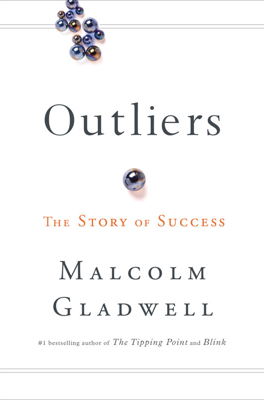Rice Paddies and Math Tests
Malcolm Gladwell explores the cultural legacy left by the tradition of wet-rice agriculture in shaping the diligence and mathematical abilities of East Asian societies. He describes the intensive labor and meticulous care required in rice cultivation, painting a vivid picture of how these agricultural practices necessitate precision, hard work, and year-round commitment. Unlike Western agriculture, which can be more heavily mechanized, rice farming demands constant attention and labor, making hard work and thorough planning a way of life, influencing cultural values deeply embedded in societies such as China, Japan, Korea, Singapore, and Taiwan.
Gladwell explains how the linguistic structure of Asian languages offers practical advantages in understanding and performing mathematical operations. For instance, Asian children learn to count faster and the structure of number words (like the logical progression in numbering systems: eleven as ten-one, twelve as ten-two) supports easier and earlier arithmetic learning compared to English. He argues that these linguistic efficiencies not only aid in learning basic math during early childhood but also embed a comfort with numbers and a logical framework that supports more complex mathematical thinking.
Moreover, the chapter delves into an examination of Renee, a subject in a mathematical study who demonstrates persistence in problem-solving. Through her experience, Gladwell illustrates how perseverance and a willingness to engage deeply with problems characterize strong mathematical ability. He compares this to historical farming practices, suggesting that the patient, persistent problem-solving seen in successful math learners mirrors the cultural practices developed in rice cultivation.
Gladwell further links this cultural legacy of diligence and perseverance to performance in international educational assessments. He mentions the TIMSS (Trends in International Mathematics and Science Study), where the correlation between countries whose students patiently fill out lengthy questionnaires and those that score well in mathematics is stark. This correlation suggests that the cultural emphasis on hard work extends beyond agriculture or education alone and reflects a broader cultural trait.
By examining these aspects, Gladwell posits that the success of certain Asian countries in mathematics is not merely a product of innate ability but significantly influenced by cultural legacies that value and demand persistence, hard work, and meticulousness. These traits have been honed over centuries of labor-intensive agriculture and are now expressed in educational excellence, particularly in mathematics.
